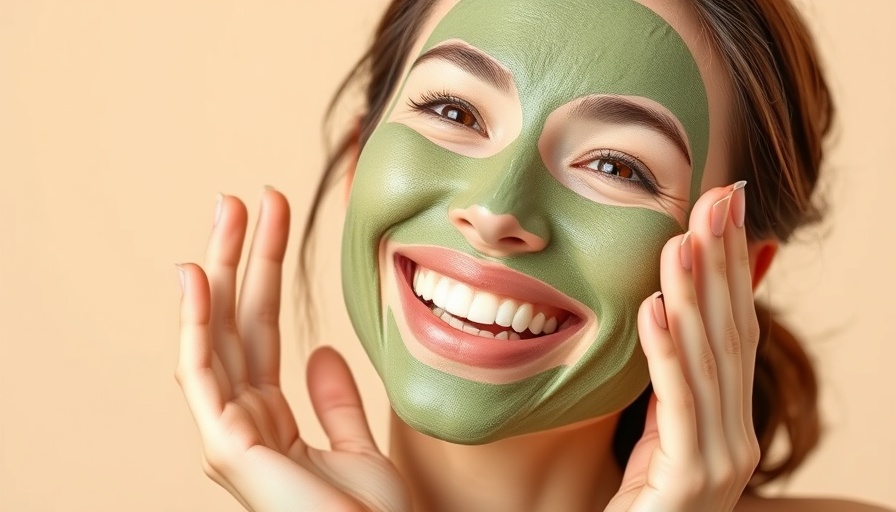
Understanding the Connection Between Diet and Cancer
In today's health landscape, our dietary choices greatly influence our overall well-being and disease prevention. A prime example discussed by Dr. Jason Fung, a prominent Canadian nephrologist, is the impact of food on cancer development. Dr. Fung presents critical insights highlighting that a high-sugar diet significantly raises insulin levels, creating an environment conducive to cancer growth. Recognizing that cancer cells thrive on glucose, we can make informed dietary decisions to reduce the risk of developing this chronic disease.
The Impact of Sugar on Cancer Cells
Dr. Fung contends that sugar is one of the top contributors to cancer development, as it acts like high-octane fuel for cancer cells. Research indicates that for every 10% increase in sugar consumption, the risk of developing cancer also rises. Interestingly, studies have shown that individuals with high insulin levels, often due to excessive sugar and carbohydrate intake, exhibit a higher incidence of cancers like breast, colon, and pancreatic cancer. This alarming trend reinforces the urgency of understanding how food choices affect our health.
Refined Carbohydrates: A Hidden Danger
Refined carbohydrates, like white bread and sugary snacks, are stripped of the nutrients found in their whole counterparts. This processing results in rapid glucose spikes within the bloodstream, subsequently elevating insulin levels. Dr. Fung emphasizes that the chronic consumption of these foods promotes insulin resistance, where the body becomes less responsive to insulin's actions, ultimately creating an ideal environment for cancer proliferation. Switching to whole grains, legumes, and veggies can stabilize blood sugar levels and provide sustained energy without the harmful spikes.
The Role of Obesity in Cancer Risk
Obesity, largely fueled by the overconsumption of refined sugars and carbs, plays a significant role in cancer development. Dr. Fung sheds light on how excess body fat leads to hormonal imbalances and chronic inflammation, both of which are pivotal in fostering cancer growth. Notably, breast and colorectal cancers are particularly associated with obesity. This highlights the importance of maintaining a healthy weight not only for overall health but also as a crucial defense mechanism against cancer.
Making Healthier Food Choices
Adopting a diet rich in whole, nutrient-dense foods serves as a powerful strategy for reducing cancer risk. Dr. Fung recommends incorporating healthy fats, such as avocados and olive oil, while cutting down on refined carbs and sugars. These foods can maintain stable blood sugar levels, improve insulin sensitivity, and contribute to overall wellness. In addition to food choices, Dr. Fung also advocates approaches like intermittent fasting and the ketogenic diet, which can help reduce insulin levels and support weight loss.
What You Can Do to Lower Your Cancer Risk
Individuals seeking to lower their cancer risk should consider tracking their dietary habits. Maintaining a food journal can help you recognize patterns, such as sugar intake and consumption of high-glycemic foods, identifying areas for improvement. Opt for wholesome foods that nourish and support the body, including grass-fed meats, lean proteins, and plenty of fruits and vegetables. Furthermore, consulting with a healthcare professional before making drastic dietary changes is critical to personalized and effective strategies.
If you're eager to explore how your diet can improve your health and longevity, consider signing up for health newsletters or local workshops focused on nutrition and wellness. These resources offer valuable insights and practical tips to enhance your journey toward a healthier lifestyle.
 Add Row
Add Row  Add
Add 




Write A Comment